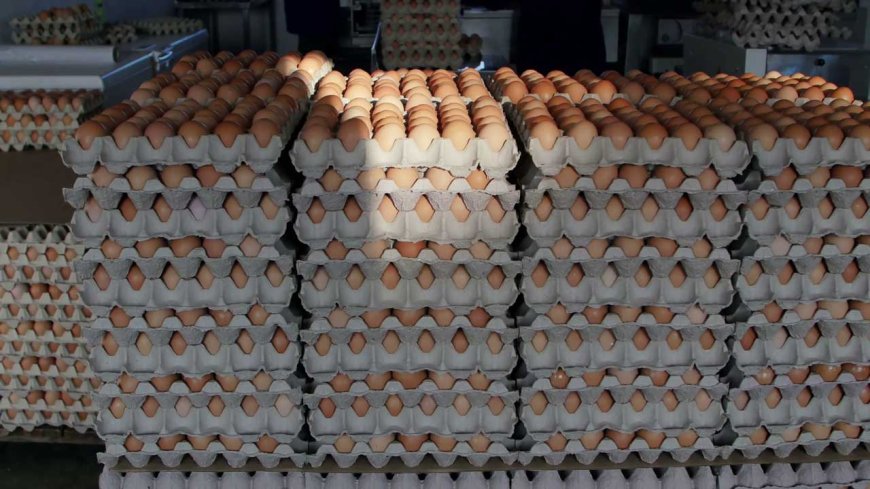Poultry farmers call for subsidies as cost of production soars

The Poultry Association of Nigeria, Federal Capital Territory chapter, has appealed to government for subsidies to prevent a major crisis in the egg market.
The body warned that the soaring cost of feed, day-old chicks, and essential veterinary services is making production prohibitively expensive, threatening the availability of eggs—which they describe as one of the nation’s cheapest and most complete sources of protein—to ordinary Nigerians.
The association made this known in Abuja on Friday during an interview with the News Agency of Nigeria to mark the 2025 World Egg Day, themed “Mighty Egg: Packed with Natural Nutrition.”
World Egg Day is celebrated annually on the second Friday of October. It was established in 1996 by the International Egg Commission to promote eggs as an affordable and high-quality nutrition.
Speaking on the theme, Mrs Yemi Egwudale, Auditor of PAN FCT and MD of Yemi’s Integrated Farms, said eggs costing between N150 and N250 were a complete diet suitable for all ages.
Egwudale said eating two eggs daily provided a quarter of the body’s protein requirement, adding that such nutritional value was difficult to match in many other common food items.
She called on the government to revive the school feeding programme and ensure each pupil consumed at least one egg daily due to its high nutritional content and affordability.
Eggs contain protein, carbohydrates, fat, and healthy cholesterol. One or two eggs daily gives a child a fully nourishing diet for learning and development,” she said.
Egwudale urged government authorities to make daily egg consumption a mandatory part of school meals, given its broad nutritional benefits for growing children.
She identified insecurity, poor access to veterinary services, and the high cost of inputs and day-old chicks as key challenges facing poultry farmers in the country.
According to her, the price of a day-old chick ranges from N1,600 to N1,900, while raising it to the point of lay costs about N9,000, making production expensive.
She appealed to the government to subsidise poultry inputs, prioritise grants, and offer affordable loans to farmers to ensure enough egg production for the growing population.
“Government can partner with hatcheries, feed mills, and vaccine producers to cut production costs. This will make eggs more affordable and accessible to low-income Nigerians,” she added.
Egwudale also lamented growing insecurity in farming areas, saying many poultry farmers now operated by proxy due to fear of attacks on farms and staff.
She urged the government to urgently address security issues affecting crop and poultry farms, stressing that safeguarding farmers was essential to achieving national food security goals.
NAN

 admin
admin 


